
Desk Report
Publish: 26 Jul 2020, 04:35 pm
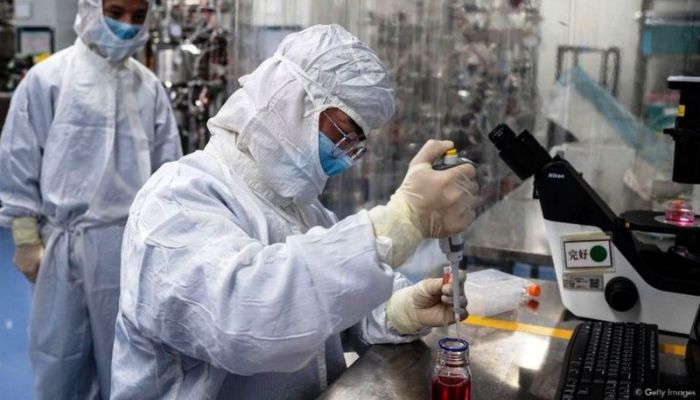
A recent study found that the antibodies produced in the body of Covid-19 sufferers may disappear from the body in just three months.
Many scientists say that once infected with the coronavirus, you are less likely to be infected a second time.
But if its antibodies last only three months, then you can be infected again three months after a coronavirus infection. The possibility of eradicating coronavirus forever is also a huge shock.
But scientists say that is not the case, they are hoping that there is a mysterious type of white blood cell called T-cell in human blood.
That being said, T-cells also cause coronavirus resistance in the human body and are much more chronic.
Even those whose bodies did not produce antibodies after coronavirus infection - have the ability to recognize and destroy T-cell coronavirus. Multiple surveys have found such evidence.
Adrian Head, head of a research team at the Francis Creek Institute and a professor of immunology at King's College London, says researchers have found T-cells in the bodies of those infected with the SARS virus (also a type of coronavirus) in 2002.
"That means these people were still carrying T-cells long after they recovered - and that's in line with our thinking."
Many do not have antibodies but have T-cells
Scientists have been getting such hints for some time.
They have had a number of Covid-19 diseases - those who have been infected with Covid-19 have since recovered, but surprisingly no antibodies have been found in their bodies.
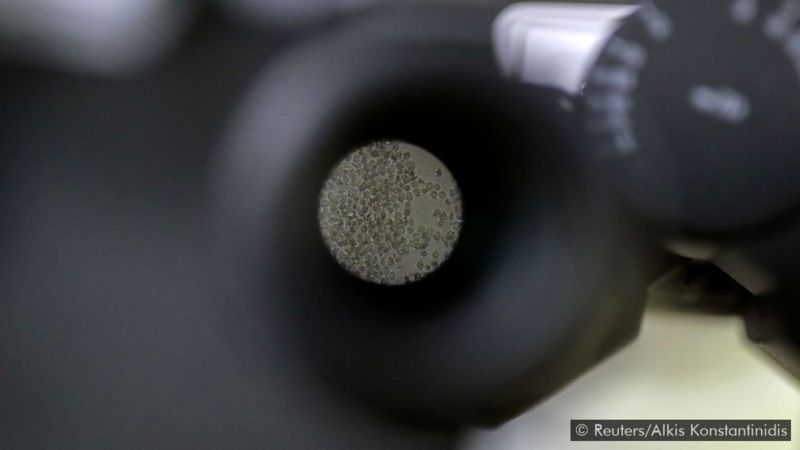
Since then, some Kovid-19 patients have been found whose antibodies have disappeared within a few months.
Scientists then speculate that the long-term immunity to coronavirus may come from something like a T-cell.
What is T-cell?
T-cells are immune cells that live in human blood.
Its main function is to identify and kill any pathogens (ie pathogenic bacteria or viruses) or any infected cells that have entered the human body.
With the protein in the upper part of the T-cell, it attaches itself to the protein in the intruder's body and destroys it.
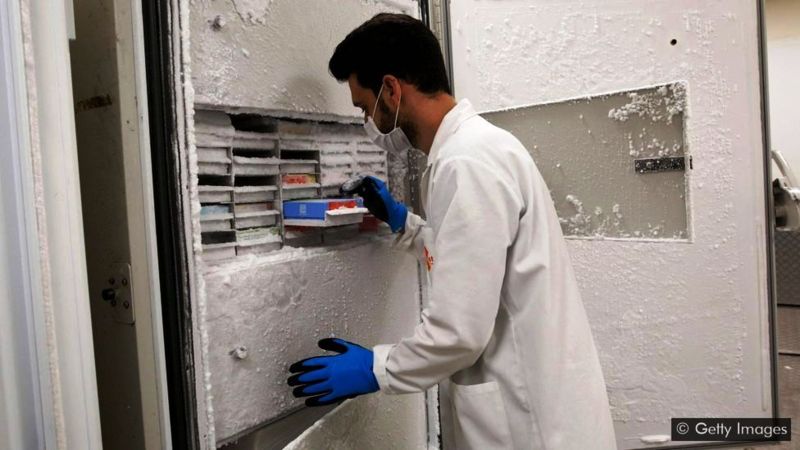
Older blood samples show that the coronavirus was resistant to T cells even before it appeared.
Each T cell has a special ability to identify certain targets.
These T-cells remain active in the human body year after year. As a result, they can "remember" enemies who have attacked before - attacking them as soon as they feel they have infiltrated again.
T-Cell and Covid-19
Multiple surveys have shown that many people infected with Covid-19 have T-cells that have been infected with the virus.
Even those who did not get antibodies after being infected with the coronavirus were found to have T-cells in their blood.
This means that the number of people who have the ability to resist coronavirus is actually much higher than previously thought.
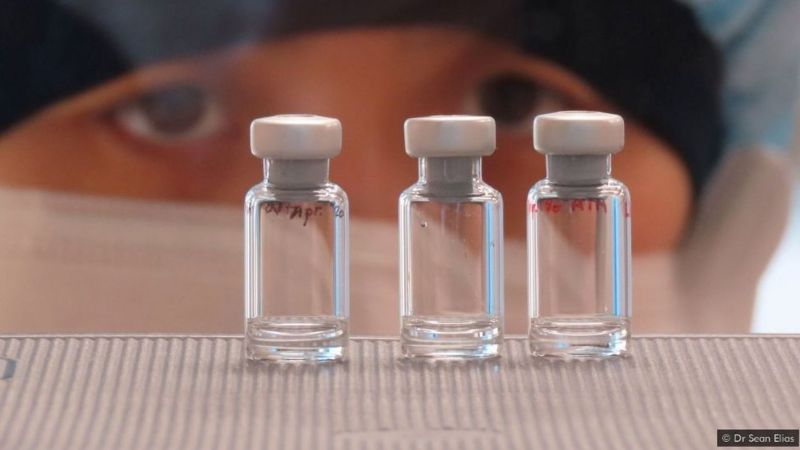
The strangest thing is that blood samples taken many years before the onset of coronavirus infection also showed the presence of this type of T-cell - which has a special ability to identify proteins of the Covid-19 virus.
This means that long before the advent of the new coronavirus in China, many people had the ability to resist it at least somewhat.
The proportion is not low: Scientists say the T-cells have been found in 40 to 60 percent of people who have not yet been infected with the coronavirus.
That means T-cells may be a secret source of immunity to Covid-19 infection - which has been unknown for so long.
"We've seen Covid-19 patients, and people who have been infected with the coronavirus but didn't need to go to the hospital - and it's very clear that T-cells have been activated," said Professor Head.
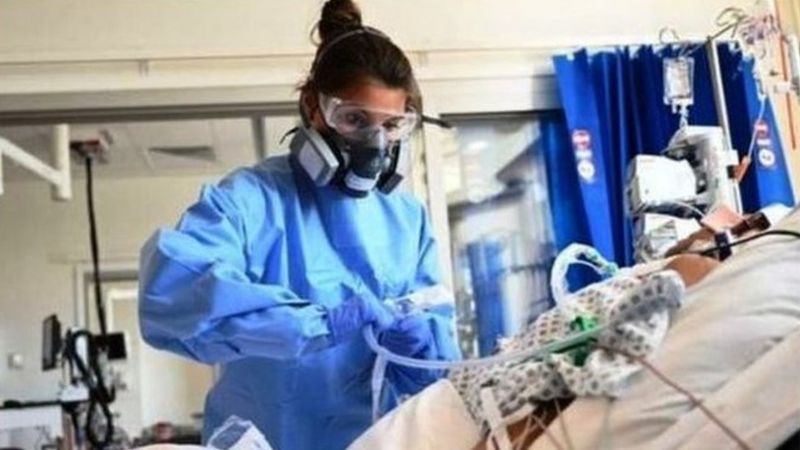
Researchers at Oxford University recently discovered that the vaccine, which was initially declared "safe and effective" - has been shown to produce both antibodies and T-cells in the human body.
However, T-cell defense does not work in all cases.
The problem is that for those who have become seriously ill with coronavirus, T-cell resistance has not worked.
In the case of AIDS patients, the HIV virus is killing T-cells in the human body, says Professor Head. However, there is no evidence that T-cells are being killed by the Covid-19 virus.
But why can't T-cells do anything for critically ill Kovid-19 patients?
So far, scientists do not know the answer, says Professor Head.
Many people say that the number of T-cells in the blood of older people decreases, and that is probably the reason why they get seriously infected or die of Covid-19.
The bodies of patients who died in Covid-19 were dissected and found to have a kind of putrefaction in their spleen and lymph glands - called necrosis.
This is important - because T cells reside in these very parts of the human body.
Source: BBC Bangla
Subscribe Shampratik Deshkal Youtube Channel
© 2024 Shampratik Deshkal All Rights Reserved. Design & Developed By Root Soft Bangladesh